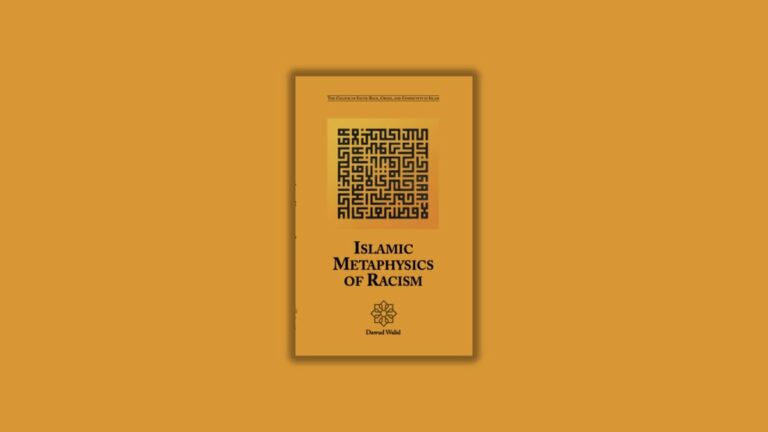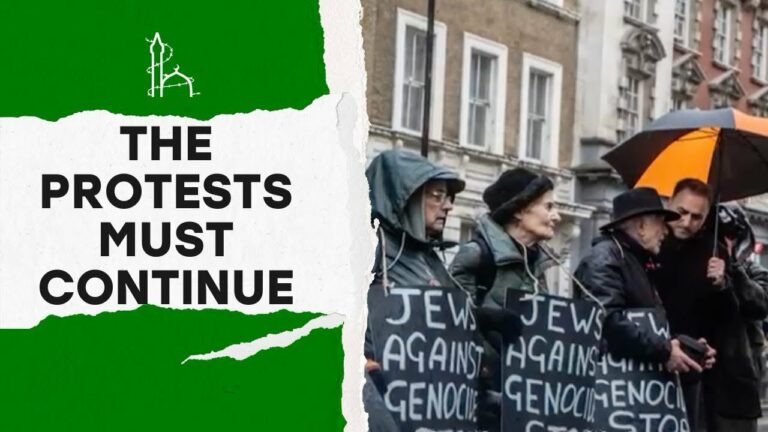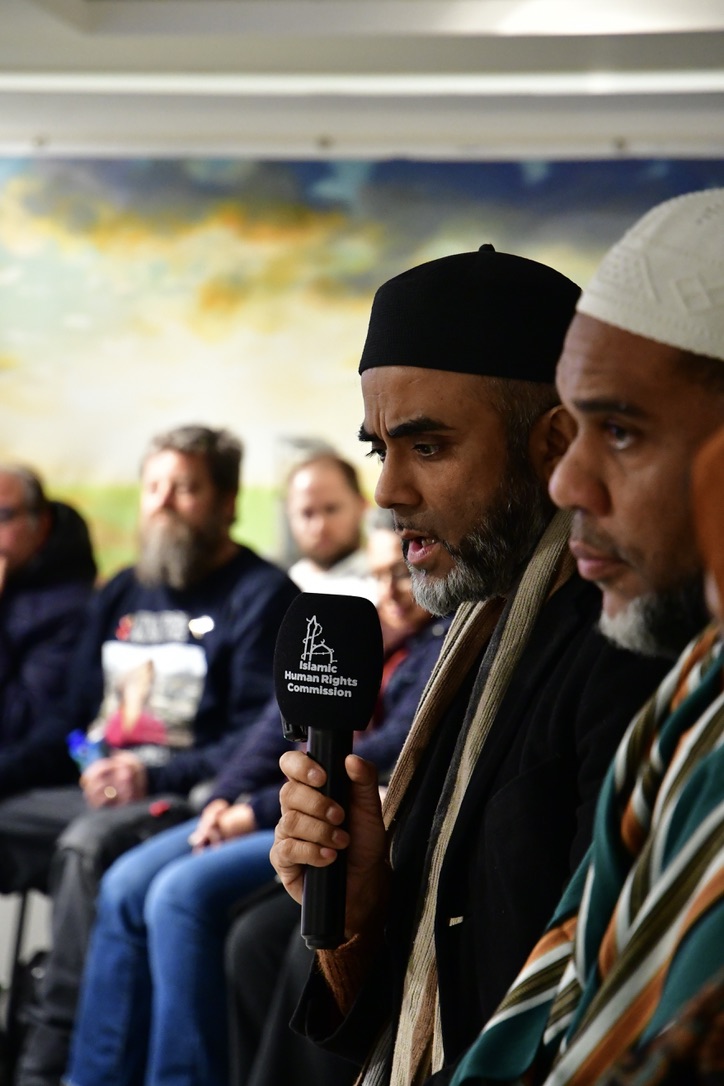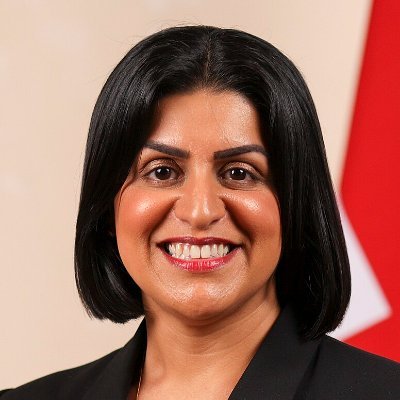——————————————————–
Islamic Human Rights Commission
——————————————————–
19th July 2005
PRESS RELEASE: IHRC Concern at Government policy regarding the ‘Muslim Community’
IHRC is deeply concerned at what appears to be the British government’s strategy to ‘deal with the Muslim community’.
In the wake of the attacks of 7/7, Islamic belief and practice has been routinely and glibly criticised by no less than the Prime Minister himself. However more worryingly, the Muslim community has repeatedly been asked, if not ordered to ‘tackle extremism’, ‘fight the causes of extremism’ and other such tasks that are portrayed to the public at large as essential measures to combat the type of terrorism witnessed in London.
These statements simply fuel the idea that the attacks in London were the result of a process that is understood, transparent and above all accessible to all Muslims in the UK. This simply scapegoats Muslims as the cause of terrorism and is a dangerous stereotype to promote at any level, let alone as the formulation of government policy.
Massoud Shadjareh, IHRC Chair, said:
“Such posturing, simply further alienates Britain’s Muslims. The social and economic marginalisation of many Muslims, as well as the emotional alienation that many others feel needs to be addressed as a moral issue, if we are to become nation of equals.
“This is not simply about the rights of Muslims but the rights of society at large. Without fostering the sense of equal citizenship for all, the government, with the complicity of some community members is promoting an increasingly polarised and discriminatory Britain.”
According to IHRC research conducted last year, 86% of those Muslims surveyed felt that Muslims needed to be represented at parliamentary level, with less that 4% stating that Muslims should not be involved. This indicated that the majority of Muslims still trust the political institutions of the State as capable of influencing their lives for the better. However the majority also felt that the current situation failed to meet this expectation – an expectation that some expressed should be a norm for all minorities, not just Muslims. The research also indicates that Muslims – particularly the young – feel alienated from Muslim leaders and establishments in the UK. [1]
It is findings such as these that the government needs to look at if it is to engage alienated communities including Muslims in a genuine way.
Its current strategy seems only to fit a stereotype of what is happening within the Muslim community, and in so doing is portraying all Muslim communities in the UK as responsible for the evil acts of four men.
For more comment or information please contact the office on (44) 20 8904 4222 or (44) 7958 522 196 or email info@ihrc.org.
Notes for editors
1. They also view the government’s engagement with the Muslim community as lop-sided and piecemeal with undue credence being given to favoured organisations, without consulting widely and at a grassroots level.
Source: Dual Citizenship: British, Islamic or Both? Obligation, Recognition, Respect and Belonging, by Saied R. Ameli and Arzu Merali, November 2004
For summary please visit:
https://www.ihrc.org.uk/show.php?id=1284
Islamic Human Rights Commission
PO Box 598
Wembley
HA9 7XH
United Kingdom
Telephone (+44) 20 8904 4222
Fax (+44) 20 8904 5183
Email: info@ihrc.org
Web: www.ihrc.org
info@ihrc.org





